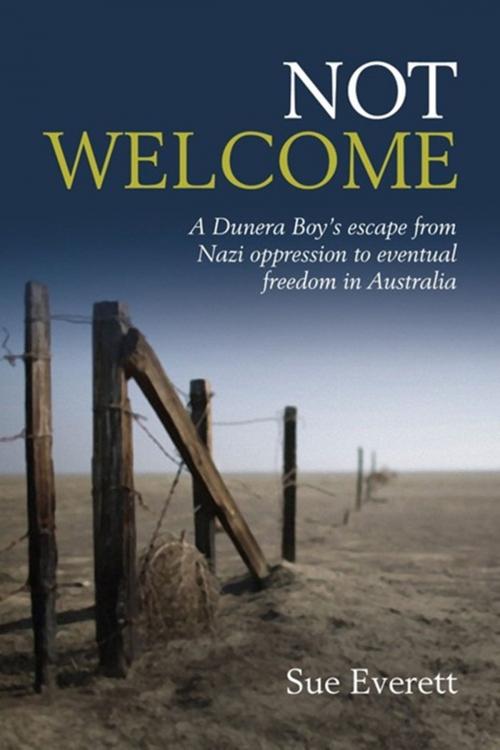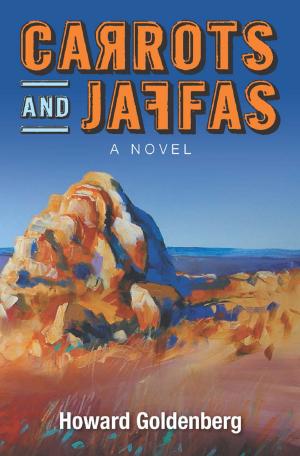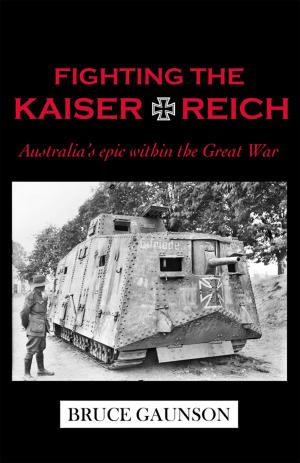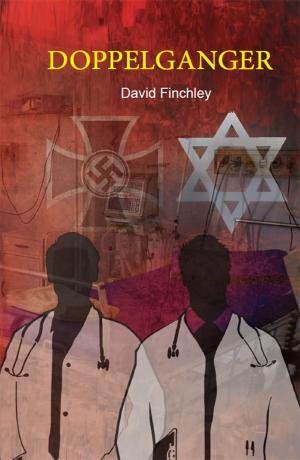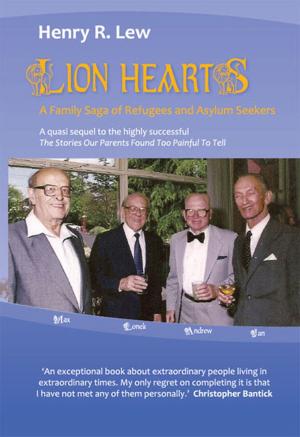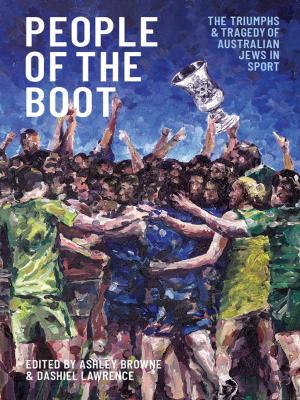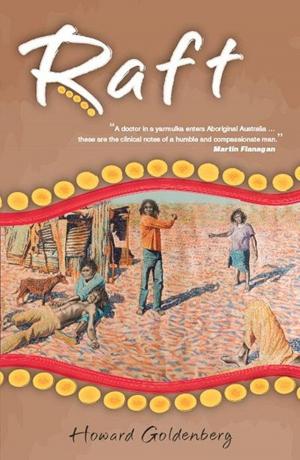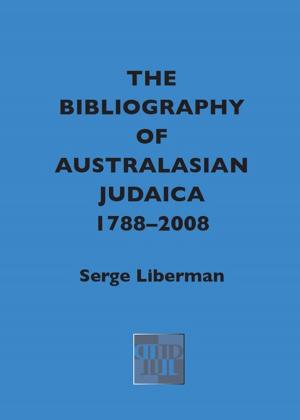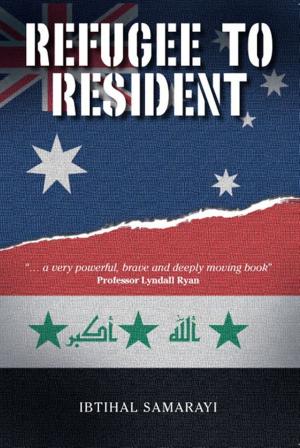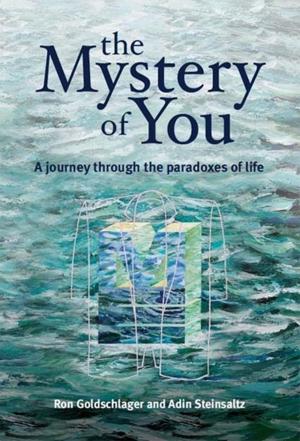Not Welcome
A Dunera Boy's escape from Nazi oppression to eventual freedom in Australia
Biography & Memoir| Author: | Sue Everett | ISBN: | 9781877006203 |
| Publisher: | Hybrid Publishers | Publication: | March 1, 2011 |
| Imprint: | Hybrid Publishers | Language: | English |
| Author: | Sue Everett |
| ISBN: | 9781877006203 |
| Publisher: | Hybrid Publishers |
| Publication: | March 1, 2011 |
| Imprint: | Hybrid Publishers |
| Language: | English |
A teenage boy, an only child, is forced to leave his German homeland and loving family. For the first time in his life he finds himself utterly alone and ill-prepared for what lies ahead. Armed only with a small suitcase, a ten-shilling note and his mother's advice echoing in his ears - 'Learn to speak English as quickly as you can' - he is gradually forced to face the shocking prospect of losing his home and family forever.
This is the true story of Lutz Eichbaum's admirable achievement in navigating his way through World War II, one of the most treacherous and cruel periods in world history. He witnessed the drama and injustice of four traumatic historical events: the violence of Kristallnacht, the mercy rescue of the Kindertransport program, the horrific voyage on the Dunera and subsequent years of deplorable and isolated internment in Australia. He found hope, friendship and solace in the impressively organised internment camp community as they continually appealed for justice and finally earned the right to recreate themselves in a strange country.
Lutz Eichbaum [Ernie Everett] is one of the youngest of the renowned 'Dunera Boys'. While interned in Australia, the internees set up and administered their own township with Hay currency (which is now a valuable collectors' item) and an unofficial "university". When the Japanese attacked Pearl Harbor in 1941, the prisoners were reclassified as "friendly aliens" and released by the Australian Government. Hundreds were recruited into the Australian Army and about a thousand stayed when offered residency at the end of the war. Almost all the rest made their way back to Britain, many of them joining the armed forces there. Others were recruited as interpreters or into the intelligence services.
Nothing remains of Hay camp except a road called Dunera Way and a memorial stone which reads: This plaque marks the 50th anniversary of the arrival from England of 1,984 refugees from Nazi oppression, mistakenly shipped out on HMT 'Dunera' and interned in Camps 7 & 8 on this site from 7.9.1940 to 20.5.1941. Many joined the AMF on their release from internment and made Australia their homeland and greatly contributed to its development. Donated by the Shire of Hay - September 1990.
A teenage boy, an only child, is forced to leave his German homeland and loving family. For the first time in his life he finds himself utterly alone and ill-prepared for what lies ahead. Armed only with a small suitcase, a ten-shilling note and his mother's advice echoing in his ears - 'Learn to speak English as quickly as you can' - he is gradually forced to face the shocking prospect of losing his home and family forever.
This is the true story of Lutz Eichbaum's admirable achievement in navigating his way through World War II, one of the most treacherous and cruel periods in world history. He witnessed the drama and injustice of four traumatic historical events: the violence of Kristallnacht, the mercy rescue of the Kindertransport program, the horrific voyage on the Dunera and subsequent years of deplorable and isolated internment in Australia. He found hope, friendship and solace in the impressively organised internment camp community as they continually appealed for justice and finally earned the right to recreate themselves in a strange country.
Lutz Eichbaum [Ernie Everett] is one of the youngest of the renowned 'Dunera Boys'. While interned in Australia, the internees set up and administered their own township with Hay currency (which is now a valuable collectors' item) and an unofficial "university". When the Japanese attacked Pearl Harbor in 1941, the prisoners were reclassified as "friendly aliens" and released by the Australian Government. Hundreds were recruited into the Australian Army and about a thousand stayed when offered residency at the end of the war. Almost all the rest made their way back to Britain, many of them joining the armed forces there. Others were recruited as interpreters or into the intelligence services.
Nothing remains of Hay camp except a road called Dunera Way and a memorial stone which reads: This plaque marks the 50th anniversary of the arrival from England of 1,984 refugees from Nazi oppression, mistakenly shipped out on HMT 'Dunera' and interned in Camps 7 & 8 on this site from 7.9.1940 to 20.5.1941. Many joined the AMF on their release from internment and made Australia their homeland and greatly contributed to its development. Donated by the Shire of Hay - September 1990.
